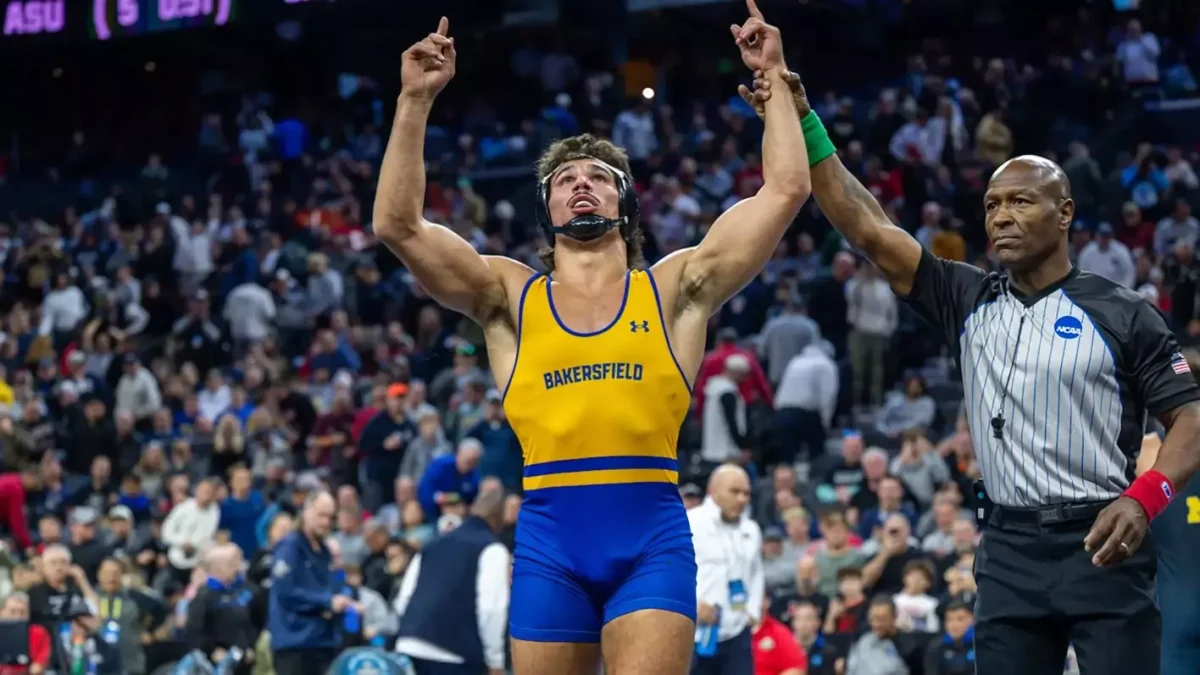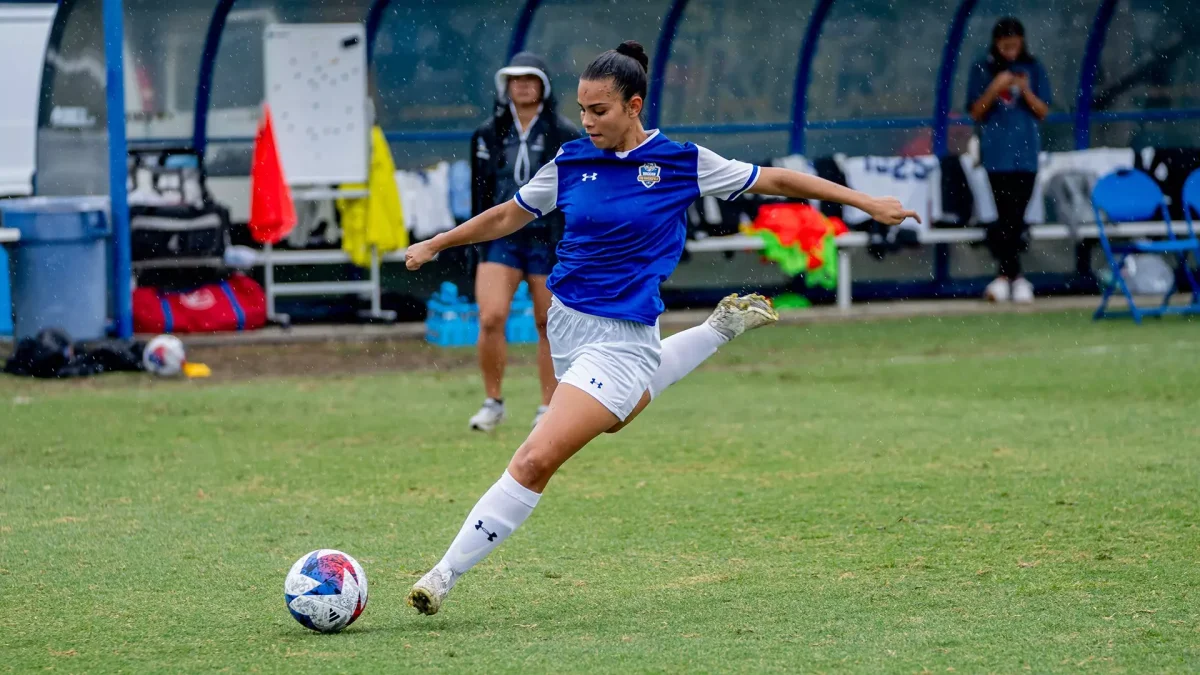Student athletes are a major part of many a university’s financial success. The Runner Sports Guys feel that you can’t spell exploitation without NCAA.
Sports Editor and Assistant Sports Editor
NS: Okay, so should student athletes have the right to unionize? And if they get that right, should they be financially compensated?

JB: Yeah they should. If they unionize, they become employees of the college. Many colleges are already profiting off these kids, whether it be ticket sales, jersey sales, or selling them off to video games. All these kids get is tuition and nothing else to live with. They are not getting compensated from this. While a free education is nice, they still have to work for extra money, and food and gas and everything.
NS: Even then, not all athletes get a full scholarship. Some student athletes only get partial scholarships and others are only invited to walk on.
JB: Jadeveon Clowney said in an interview with Jim Rome last week that he would stay in college if he got paid, but he’s going into the NFL Draft because “having to take care of my family” is more of a priority. Many of these guys are trying to make their families better off, and they either have to wait while in college, or never get the chance at professional ball.
NS: Good point. A lot of big Division I athletes come from low-income families who wouldn’t normally be able to afford an education for their kids. Giving them a piece of the pie would be good for the well-being of the students who, in the case of most universities, are the biggest magnet to the school.
JB: You’ve got Johnny Manziel getting in trouble for signing autographs, yet Texas A&M sells his No. 2 jerseys, and other outside dealers are selling the merchandise he signed. Mario Williams, the No. 1 pick in the NFL Draft in 2006, made his money working at Subway. South Park compared the NCAA to slave labor. While this case is not that extreme, the athletes are being used to make the school and their programs look good. The only thing they get out of this is a degree, if they choose to actively pursue one, or the slim chance of playing professionally.
NS: Slavery might seem pretty extreme, but you’re definitely on the right track. Arian Foster said it was more like indentured servitude. And while the only thing they get out of it is a degree, that’s the crux of many an argument against this. It’s tough to argue with a free or discounted college education. That’s pretty valuable, right?
JB: Yeah it is valuable, but the average student is not advertised or marketed like the athletes are. The NCAA made $11 billion in average yearly revenue, according to Forbes, which was more than the NBA and NHL combined. Alabama created $143 million in athletic revenue, more than 25 out of 30 NBA teams and every NHL team. The majority of this money is pumped through the athletic systems, athletic director, select administrators, and coaches. The University of Alabama in Tuscaloosa, who is paying football head coach Nick Saban over $7 million a year, and do not even go to improving the classrooms.
NS: There’s the unfairness again. Coaches live well, while the students live like peasants, which really isn’t fair. Ask anyone in America who Ban Ki Moon is, and they probably couldn’t tell you. Ask the same people who Johnny Manziel is and they’ll tell you who he is and where he plays college football. Without these athletes, most universities lose their main attraction.
JB: Exactly. Would anyone know about Gonzaga, Boise State or Butler if it wasn’t for athletics? Not at all. After Butler went to the Final Four in 2010, admissions rose by 41 percent. Athletics help advertise the school, and these athletes are the advertisements. They need to be compensated for essentially “pimping out” the school to the public.
NS: The NCAA tournament is another thing. March Madness is all month. That means that these student athletes are missing a month of classes. To pull a student out of class for a month and not pay them just for the glory of the university is asinine. Especially while the universities, corporate sponsors, television stations, arenas and venue owners reap the fruits of labor they didn’t even do.
JB: Exactly right. Another example is this year’s BCS Championship game on a Monday night. The Florida State players missed their first days of spring semester classes because of this.
NS: Now I’ve gotta play devil’s advocate. There are a lot of issues surrounding the topic. For starters, without a set amount given to each school to pay their athletes, the system would create a monopoly for schools like Alabama, taking away any real competitive balance. Also, would all sports be paid the same? Football makes way more money than tennis; does the allotted money get split evenly among the athletes or would schools be free to offer professional style contracts with a salary cap?
I think it should be a percentage of the generated revenue for all athletes, then if a particular athlete is in an ad campaign, or on a billboard, or has a jersey or shirt with their number sold on it, then they get the revenue from that on top of it. Of course not all sports will be the same, but they all should get something for the time they dedicate to it and for representing their schools.
NS: Jay Bilas said that it’s ridiculous that an English major wouldn’t be denied profits from a book they write, but athletes aren’t compensated for their work to bring their school into the public eye. Alabama’s numerous national championships have earned millions of dollars for the school. Withholding payment to the athletes who earned it is unethical. To give the ASI president a financial stipend with perks and let his fellow student ambassador go without pay is simply ridiculous. Change won’t come immediately and the system won’t be without flaws in the beginning, but unionization for student athletes needs to happen.







